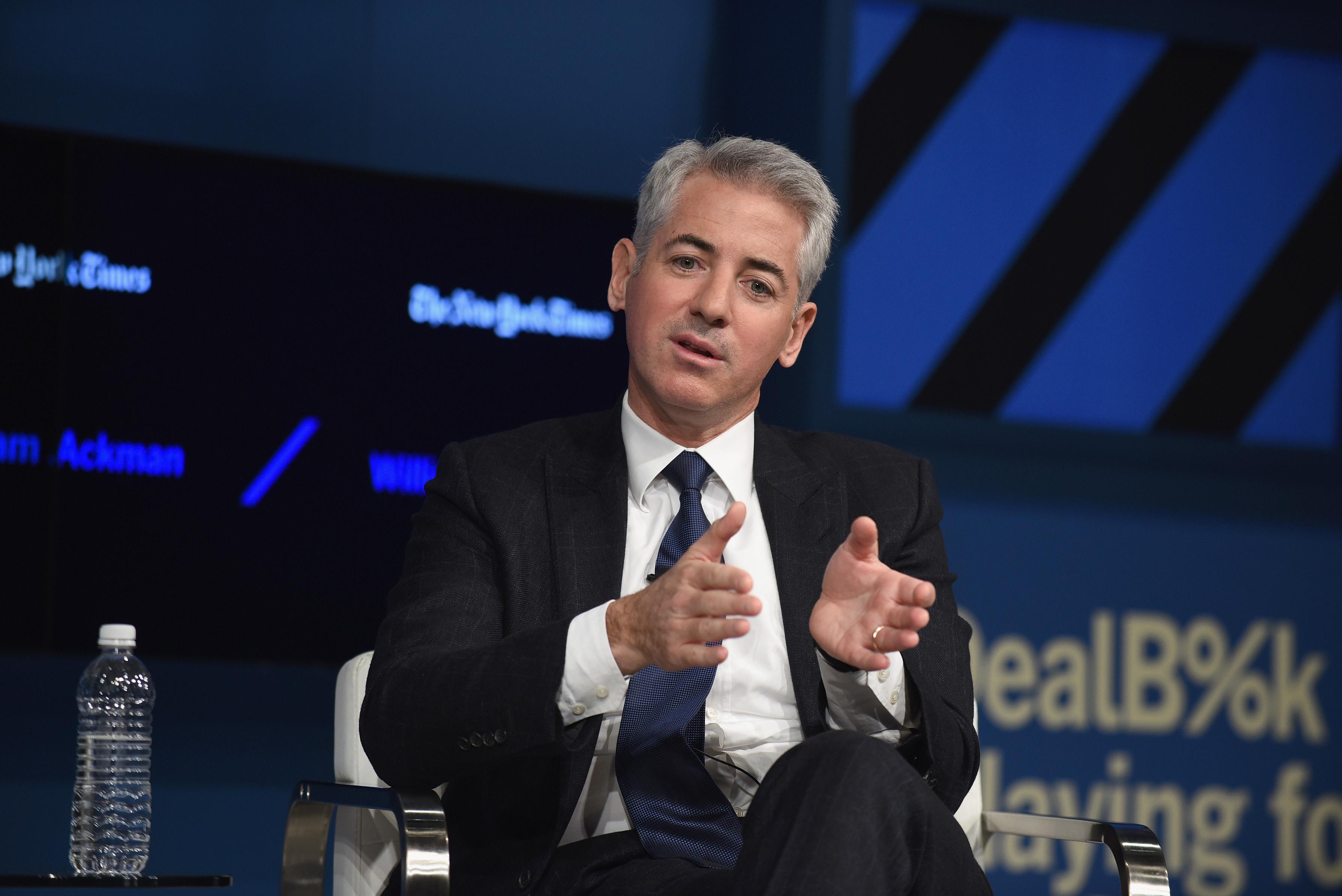Investors Should Steer Clear of a SPAC With No Definitive Agreement
Without a definitive agreement, a SPAC can vaporize and your capital could go with it. Here's why you should stay away from pre-DA SPACs.
Aug. 13 2021, Published 12:20 p.m. ET
A blank-check firm is exactly what it sounds like—blank. Investors form a SPAC (special purpose acquisition company) for the sole purpose of acquiring another company. Oftentimes, a SPAC will target a specific industry or niche—but until a deal is set in stone via a DA (definitive agreement), the outcome is anyone's guess.
Investing in a pre-DA SPAC adds a thick layer of risk to the position, and it's something you should look out for in a stock market ripe with SPAC IPOs.
Investors lost millions when Bill Ackman's SPAC went wrong.
Billionaire Bill Ackman launched Pershing Square Tontine Holdings (NYSE:PSTH) and ultimately targeted a portion of Universal Music Group. However, the SEC decided that Ackman was using his SPAC incorrectly and couldn't use it to take a company it only partially owns public.
Basically, Ackman tried to make a clever maneuver using a SPAC as the vehicle, but the SEC blocked the shot before it even made it near the net.
Before the SEC got involved, investors got wind of PSTH stock and sent shares up about 40 percent from the debut price. Now, the stock is down 6.23 percent from its debut.
What happens to your money if a pre-DA SPAC fails?
A SPAC has two years from the time it goes public to find and officially merge with a target. However, when a blank-check firm first goes public, it usually doesn't have a target or any merger agreements to back it up.
Once a SPAC identifies a target, it sets up a definitive agreement with the target company. A DA is an agreement in which the target says that it will merge with the buyer.
For investors, the DA is everything. In the case of the Ackman SPAC, investors injected capital before any DA came to fruition. Now, the clock is ticking for Pershing Square. If it doesn't merge before the two-year deadline expires, the SPAC will be forced to dissolve and investors will receive their pro-rata share in escrow (this usually amounts to about $10 per share, even if you bought in at a higher rate).
Most importantly, any call options that are out on the SPAC are left worthless because news of a SPAC dissolving will inevitably send the stock sinking.
Whether you're investing in regular stocks or performing call options on a pre-DA SPAC, you run the risk of the SPAC failing to merge.
How to do your due diligence with pre-merger SPACs
Keep tabs on the SPAC you plan to invest in by using the SEC EDGAR tool. The company will file reports as merger plans progress. If the SPAC and its target company reaches a DA in writing, you can find it here. It should say that the target company agrees to merge.
If you see that the company has an S-4 registration statement on its SEC filings, you know that it's post-DA.
When a SPAC isn't all it's cracked up to be
The SPAC boom has caused some raucous, especially with pre-DA SPACs that have no merger set in stone. Investing in a company that doesn't know what direction it's going in is extraordinarily risky, and it can cause you to lose the value of your shares or call options.


